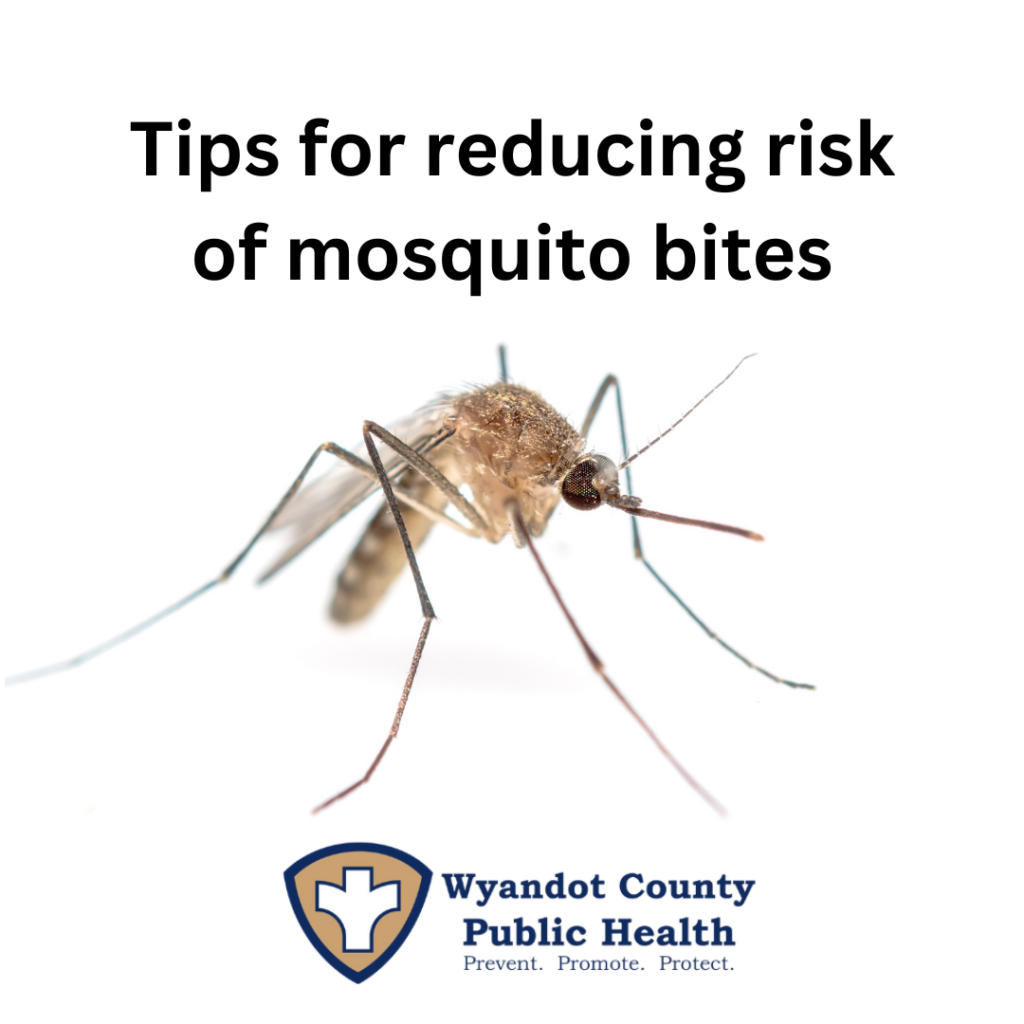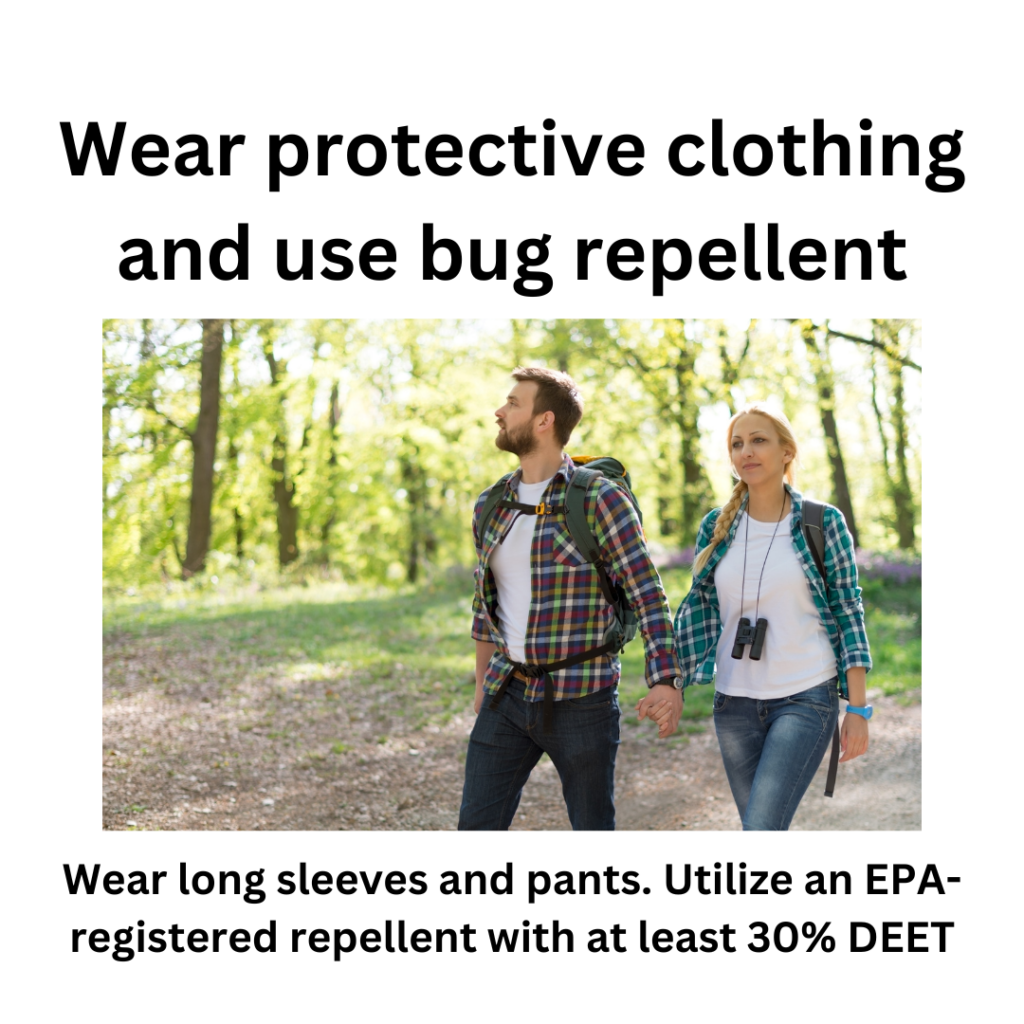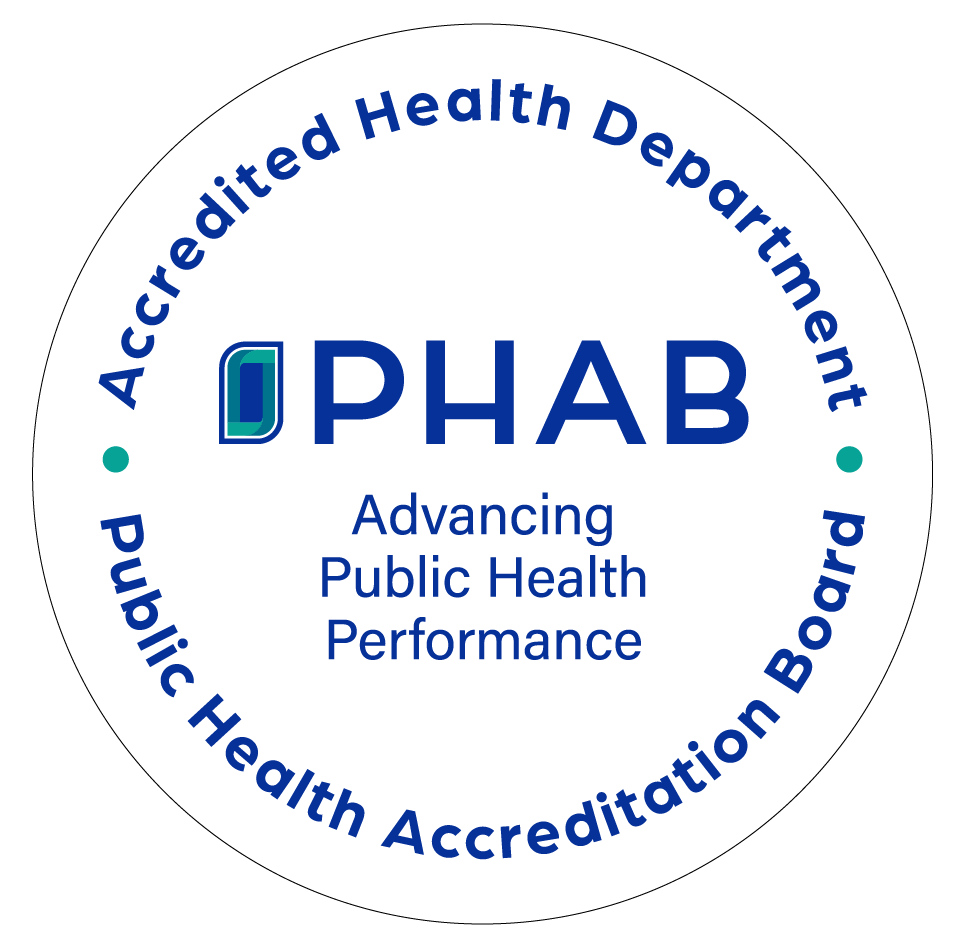UPPER SANDUSKY, Ohio – The Wyandot County Public Health department has announced the first human case of West Nile virus, the mosquito-borne illness. This is the first case to occur in a human in Wyandot County since 2018, according to data from the Ohio Disease Reporting System.
The case occurred in an individual residing in the northwest region of Wyandot County. The individual reported frequent travel outside of Wyandot County, but the location of the transmission of the virus cannot be definitively determined. Through routine monitoring, Wyandot County Public Health has identified West Nile virus in local mosquito populations, so it remains important to take precautions to prevent illness. Mosquitos are active in the warmest months, typically May through October. Mosquito activity will cease after the first hard frost in the fall, according to the Ohio Department of Health.
Around 80% of people who are infected with West Nile virus will not show any symptoms at all. Those who develop symptoms usually do so between two to 14 days after the infected mosquito bites them. Up to 20% of people who become infected will have symptoms that can last for a few days to several weeks and include fever, headache, body aches, nausea, vomiting, swollen lymph glands, and a rash on the chest, stomach or back.
In rare cases, serious illness can occur. Individuals ages 50 and older and those who are immunocompromised are at increased risk of serious illness from West Nile virus. There is no vaccine or specific treatment for the virus. It is critical to minimize the risk of acquiring West Nile virus by reducing mosquito habitats, wearing long sleeves and using EPA-registered mosquito repellents containing DEET at a concentration of at least 30%.
“We know that West Nile virus is in local populations of mosquitos, meaning there’s a risk for human infection too,” said Wyandot County Director of Nursing Candace Kimmel. “It’s important to take precautions to prevent exposure. Individuals who notice symptoms consistent with West Nile virus should seek medical attention and mention any recent insect bites.”
The public can minimize the number of mosquitoes and reduce their risk of mosquito bites by following these tips:
- Make sure that doors and windows have tight-fitting screens. Repair or replace all torn screens.
- Turn over plastic wading pools, and wheelbarrows, etc. when not in use.
- Dispose of any items that collect water on a property including off-rim tires, unused tin cans, plastic containers, ceramic pots, etc.
- Make sure roof gutters drain properly. Clean clogged gutters in the spring and fall.
- Clean and chlorinate swimming pools, outdoor saunas, and hot tubs. Keep pools empty or covered when not in use. Always drain water from pool covers.
- Change the water in bird baths at least once a week.
- Clear ditches of obstructions so they drain properly and eliminate any standing water that collects on your property.
- Check trees for cavities that hold water and fill them with soil, gravel, or sand.
- Remind or help neighbors to eliminate breeding sites on their properties.
For more information, visit Wyandot County Public Health’s website at www.wyandothealth.com or follow Wyandot County Public Health on social media @WyandotHealth.











